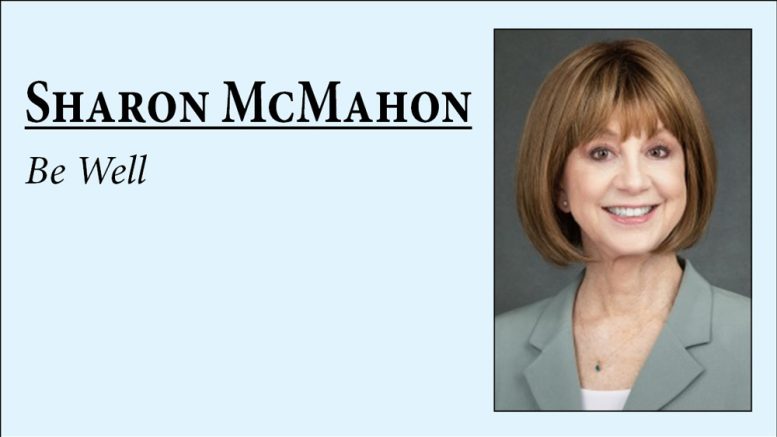“I read, I study, I examine, I listen, I think, and out of all that I try to form an idea into which I put as much common sense as I can.” – Marquis de Lafayette
Although there seems to a dearth of common sense these days in many areas of life, I will relate this quote to my topic of supplements and how they can and, in my opinion, should be used in a healthy and sensible eating plan.
While chatting with some friends and acquaintances at a social gathering not long ago, the topic turned to the buffet that was offered there. Among the buffet items were several raw veggie offerings. During the conversation one among us said that she “NEVER eats any vegetables or fruit” and thankfully I had already swallowed my mouthful of food so that I did not choke … Just to make certain I heard correctly I asked “Never?” and it was confirmed.
Hmmm. So – the obvious question then is of course to inquire how she obtains her nutrients. The reply was that “supplements” entirely were used to provide the necessary vitamins and minerals for this person.
Okay, Dear Readers, you may think that I would have debated the case but the venue was not one in which that would have been appropriate. However, this discussion has stayed with me and actually rather “haunted” me that other people may have the misconception that supplements are all we need to replace vegetables and fruits.
Nothing could be further from the truth! Supplements are not intended to replace food! They cannot replicate all of the nutrients and benefits of whole foods such as fruits and vegetables.
Whole foods offer three main benefits over dietary supplements. They offer greater nutrition; whole foods are complex, containing a variety of the micronutrients our bodies need. They contain essential fiber, which can help reduce the risk of type 2 diabetes, colorectal cancer, stroke, and heart disease. Many whole foods contain chemicals that promote health, such as antioxidants – substances that slow down a natural process leading to cell and tissue damage.1
Balance is the real issue here. I absolutely do take supplements. I take only those that I know to be addressing, for me, any shortfall I may have in my nutrition plan. I primarily obtain my necessary nutrition from whole foods but I benefit from certain additional nutrients which are available in high-quality supplements. Do your homework! Most supplements are not regulated by the FDA and you must research through credentialed and professional organizations and/or consult a certified nutrition consultant. Do NOT necessarily rely on retail employees or those pushing a certain product to know what is best for you in your circumstance.
Also, very importantly, some supplements can interfere with any prescription medications you take so ALWAYS let your health care provider know which supplement you are taking.
Proper nutrition is a key to a healthy life along with a fitness regimen. A healthy body needs wholesome, natural foods to obtain its peak performance. Use moderation when using supplements and keep moving!
1 Mayo Foundation for Medical Education and Research (MFMER)
Sharon McMahon, CNWC
The opinions expressed in this article are not intended to replace advice of your personal physician or licensed health professional. Please consult your physician for any issues you may have related to nutrition or fitness activity.

